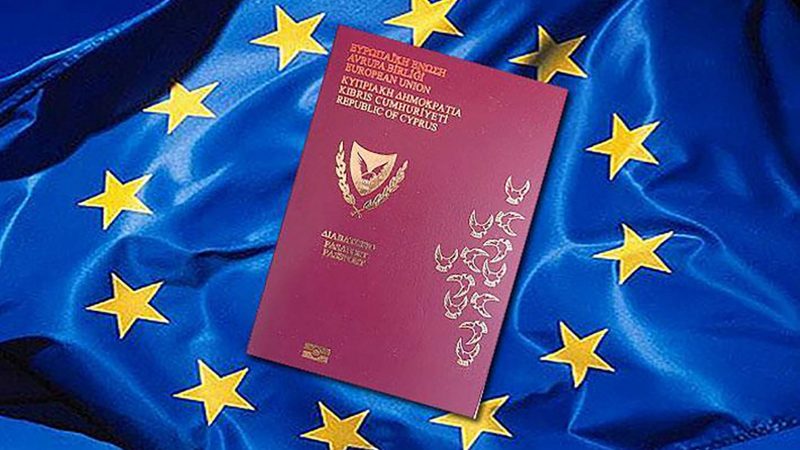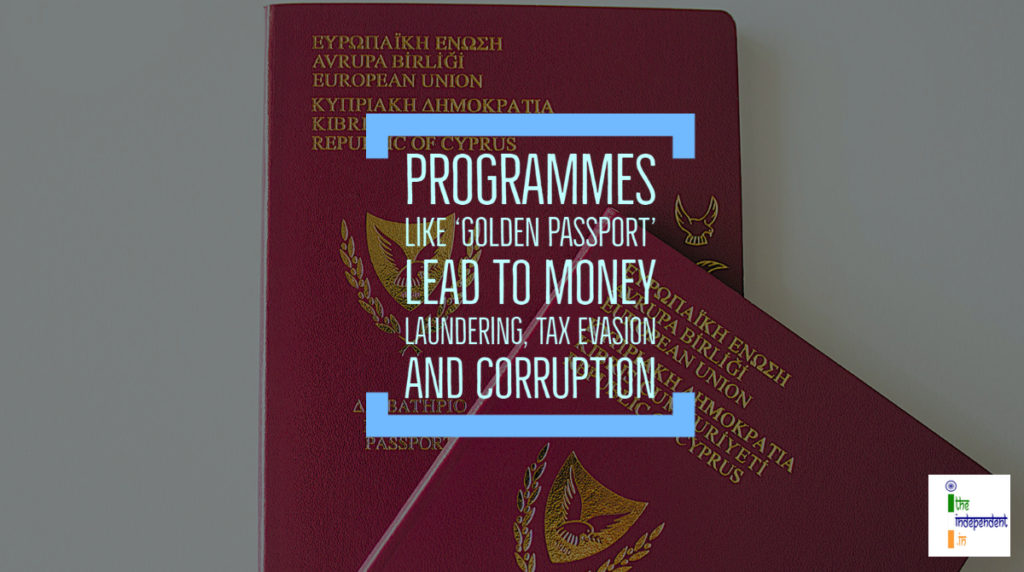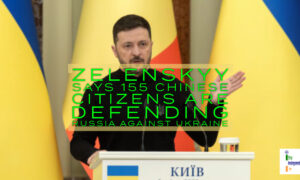
The Members of the European Parliament (MEPs) on Thursday, i.e., October 22, 2020 expressed concerns over European nations offering citizenship to individuals through investment programmes, such as ‘golden passport’ scheme, as it provides an opportunity to criminals to get safe asylum into European nations.
The concerns were raised during a plenary debate with the European Commissioner for Justice – Didier Reynders. Prior to this, the E.U. announced legal action against Cyprus and Malta over their citizenship schemes. It has asked both the countries to stop this scheme.
The two countries have raised billions of euros by selling thousands of coveted travel documents, even in some cases granting citizenship to foreigners fleeing arrest warrants. This announcement came after a Qatar based leading media agency, Al Jazeera’s Investigative Unit released Cyprus Papers and Cyprus Papers Undercover, which showed how Cyprus sold passports to criminals.
Announcing a legal action against Cyprus and Malta, a statement from E.U. read, “The granting of E.U. citizenship for predetermined payments or investments without any genuine link with the member states concerned undermines the essence of E.U. citizenship.”
Post this, Cyprus discontinued the programme in its current form. However, both Cyprus and Malta are keen to restart the programme with certain improvements. The E.U. is now not in favour of this.
During the plenary session, the several MEPs called for immediate actions from E.U. for banning all such schemes which sell citizenship.
Speaking on the occasion, the Dutch MEP Sophie in’t Veld said, “This house has been debating the problems with golden passports since 2014. Why did it take so long.”
She further added, “Why did we have to wait for brave journalists to uncover the scandals that we all suspected for a long time.”
The MEPs stressed that programmes like ‘golden passport’ lead to money laundering, tax evasion and corruption. MEPs underlined that before granting citizenship to third-country nationals, E.U. must do proper checks and vouch for transparency in all the documents.

The E.U. members have earned 25 billion euros (U.S. $ 30 billion) over the last 10 years thanks from the golden visa programmes. Defending his country, the Cypriot MEP – Loucas Fourlas said that the golden passport scheme had been an important financial lifeline for the country following financial hardships during the last decade.
Cyprus, which went bankrupt in 2013, promised to overhaul its banking sector and introduce stronger safeguards in exchange for a bailout from other European countries and the International Monetary Fund. This is where the ‘golden passport’ programme helped them in overcoming financial woes. It has so far issued 4,000 passports and has raised 7 billion euros. The program allows foreigners to get a Cypriot passport in exchange for at least €2 million investment in the country, usually in real estate, with minimal additional requirements and a light-touch oversight process.
Bulgaria, which is also operating a pay-for-passports program, is being investigated by the commission and could face similar legal action.
According to a report by anti-corruption organization – Global Witness, more than 100,000 people had made use of such initiatives, known as “golden visas,” to acquire legal residence in European Union countries by 2018. Even the lighter programs, which offered residence benefits to investors, were a cause for concern and risked being abused.
It is to be noted that out of 27 member states, 20 European nations run such programme where they offer citizenship in exchange of investment. In January 2019, the European Commission established a group with representatives from all E.U. member states to develop common standards and guidelines in this area. After holding several meetings last year, the group has so far not met in 2020.







